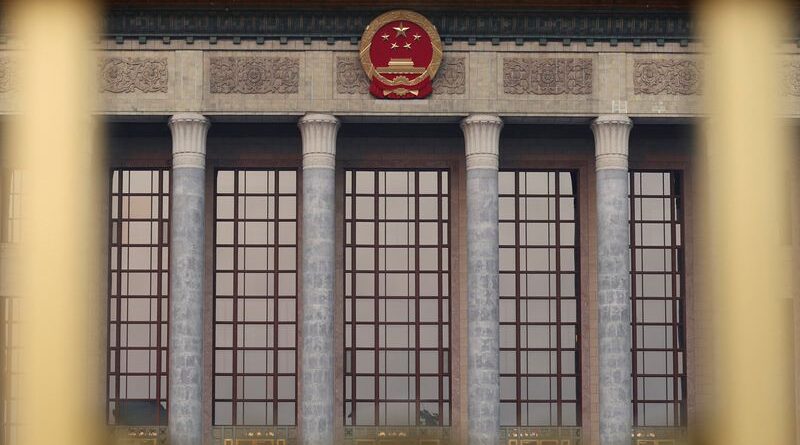China’s top leaders vow support for economy, crackdown on disorderly competition
BEIJING (Reuters) -China’s top leaders have pledged to support an economy facing various risks by managing disorderly competition among firms and beefing up capacity management in key industries in the year’s second half, the official news agency Xinhua said.
Chinese leaders have signalled they will rein in price wars among producers as expectations grow for a new round of factory capacity cuts in a long-awaited but challenging campaign against deflation, a move that could pose risks to economic growth.
In the second half of the year, China will keep policy stable while boosting flexibility, looking to stabilise employment, companies, the market, and expectations, Xinhua said on Wednesday.
It was citing a summary of the proceedings of a meeting of China’s Politburo, a top decision-making body of the ruling Communist Party, whose July gathering sets the economic course for the rest of the year.
“At present, China’s economic performance still faces many risks and challenges,” the agency quoted the Politburo as saying, adding that authorities would accurately assess the situation and strengthen awareness of potential risks.
China will continue to pursue a more proactive fiscal policy and an “appropriately loose” monetary policy, the summary showed, but made no mention, unlike the April meeting, of interest rates or reserve requirement ratio cuts.
Top leaders said issuance and use of government bonds would be accelerated, with more efficient use of funds.
China will unleash the potential of domestic demand and take steps to boost consumption, Xinhua said.
It will promote technological innovation to drive development of new quality productive forces and speed cultivation of emerging pillar industries that are globally competitive, while curbing disorderly competition among firms.
“Disorderly competition among enterprises must be governed according to laws and regulations,” the summary read. “Capacity management in key industries should be advanced.”
Analysts believe that stimulating consumer demand remains key to effectively fighting deflation.
(Reporting by Beijing newsroom; Editing by Christopher Cushing and Clarence Fernandez)
